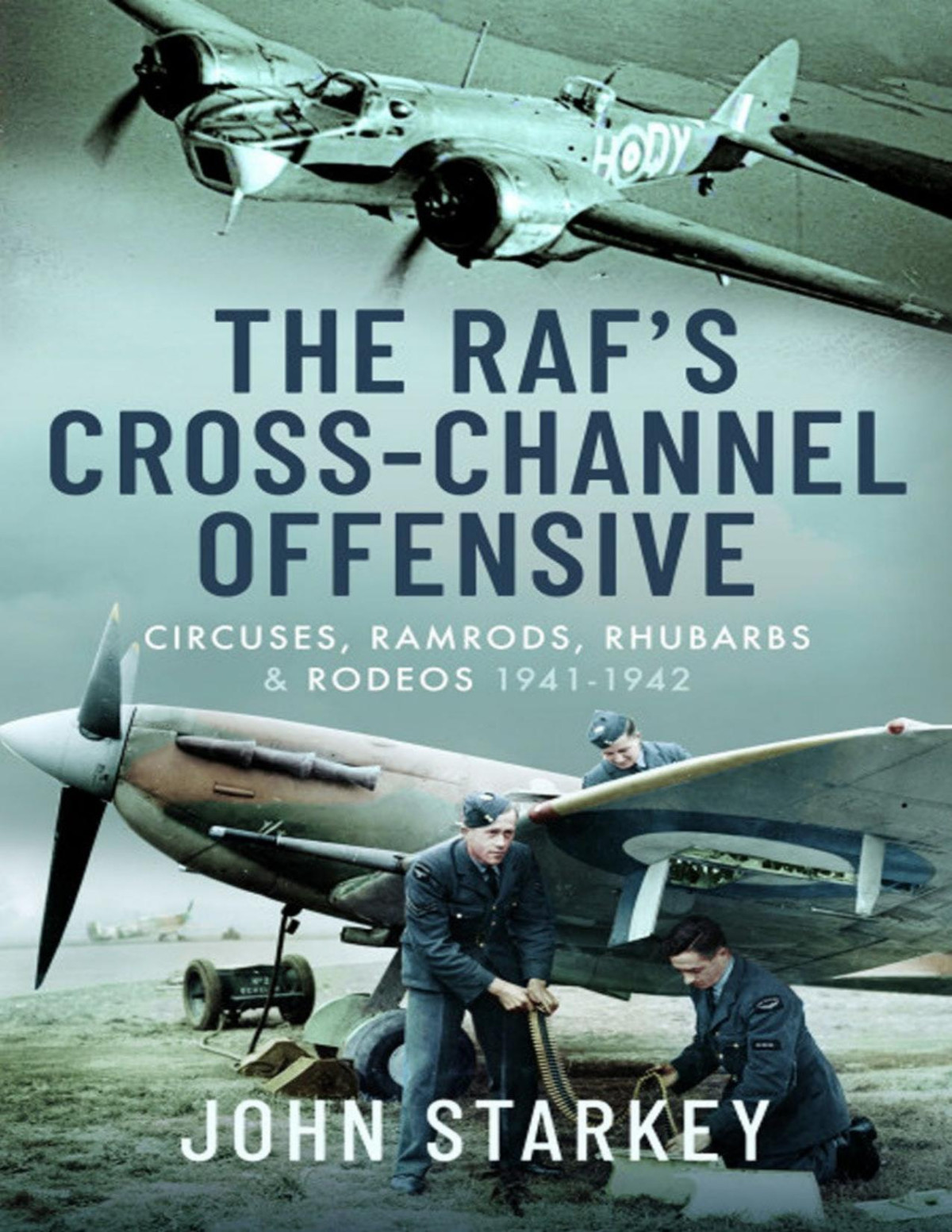

Most ebook files are in PDF format, so you can easily read them using various software such as Foxit Reader or directly on the Google Chrome browser.
Some ebook files are released by publishers in other formats such as .awz, .mobi, .epub, .fb2, etc. You may need to install specific software to read these formats on mobile/PC, such as Calibre.
Please read the tutorial at this link: https://ebookbell.com/faq
We offer FREE conversion to the popular formats you request; however, this may take some time. Therefore, right after payment, please email us, and we will try to provide the service as quickly as possible.
For some exceptional file formats or broken links (if any), please refrain from opening any disputes. Instead, email us first, and we will try to assist within a maximum of 6 hours.
EbookBell Team

4.0
86 reviewsThe story of the RAF, and in particular Fighter Command, during the Battle of Britain has been told many times. It is a tale of the gallant pilots of ‘The Few’, in their Hurricanes and Spitfires, with the nation’s back to the wall, fighting off the Luftwaffe’s airborne assault against enormous odds. But the story of Fighter Command’s operations immediately after the Battle of Britain is less well known. Marshal of the Royal Air Force Hugh Montague Trenchard commanded the Royal Flying Corps in the First World War. His policy then had been for his aircraft and men to be continually on the offensive, always over the German lines taking the fight to the enemy. After being promoted to command the RAF, Trenchard retired in 1930. In November 1940, Trenchard showed up again at the Air Ministry and proposed that the RAF should ‘Lean Towards France’ – that it should go on the offensive. The RAF would, claimed Trenchard, win the resulting battle of attrition.